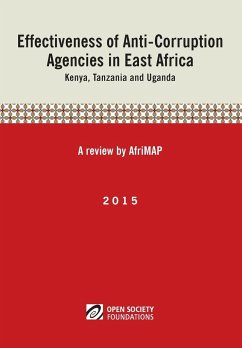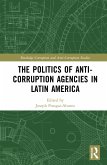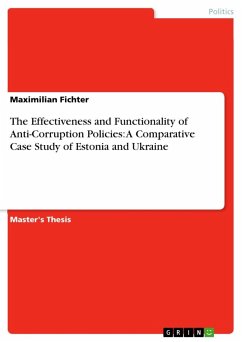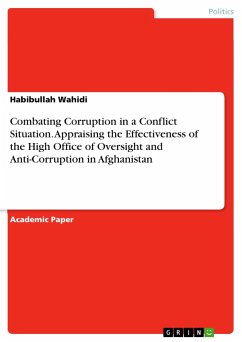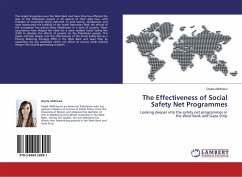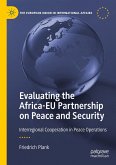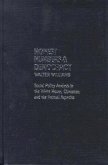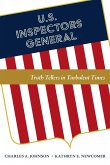With reportedly over USD50 billion lost annually through graft and illicit practices, combating corruption in Africa has been challenging. However, laws and policies at the continental, regional and national levels have been promulgated and enacted by African leaders. These initiatives have included the establishment of anti-corruption agencies mandated to tackle graft at national level, as well as coordinate bodies at regional and continental levels to ensure the harmonisation of normative standards and the adoption of best practices in the fight against corruption. Yet, given the disparity between the apparent impunity enjoyed by public servants and the anti-corruption rhetoric of governments in the region, the effectiveness of these agencies is viewed with scepticism. This continent-wide study of anti-corruption agencies aims to gauge their relevance and effectiveness by assessing their independence, mandate, available resources, national ownership, capacities and strategic positioning. These surveys include evidence-based recommendations calling for stronger, more relevant and effective institutions that are directly aligned to regional and continental anti-corruption frameworks, such as the African Union Convention on Preventing and Combating Corruption (AUCPCC), which the three countries in this current report - Kenya, Tanzania and Uganda - have all ratified.
Hinweis: Dieser Artikel kann nur an eine deutsche Lieferadresse ausgeliefert werden.
Hinweis: Dieser Artikel kann nur an eine deutsche Lieferadresse ausgeliefert werden.

